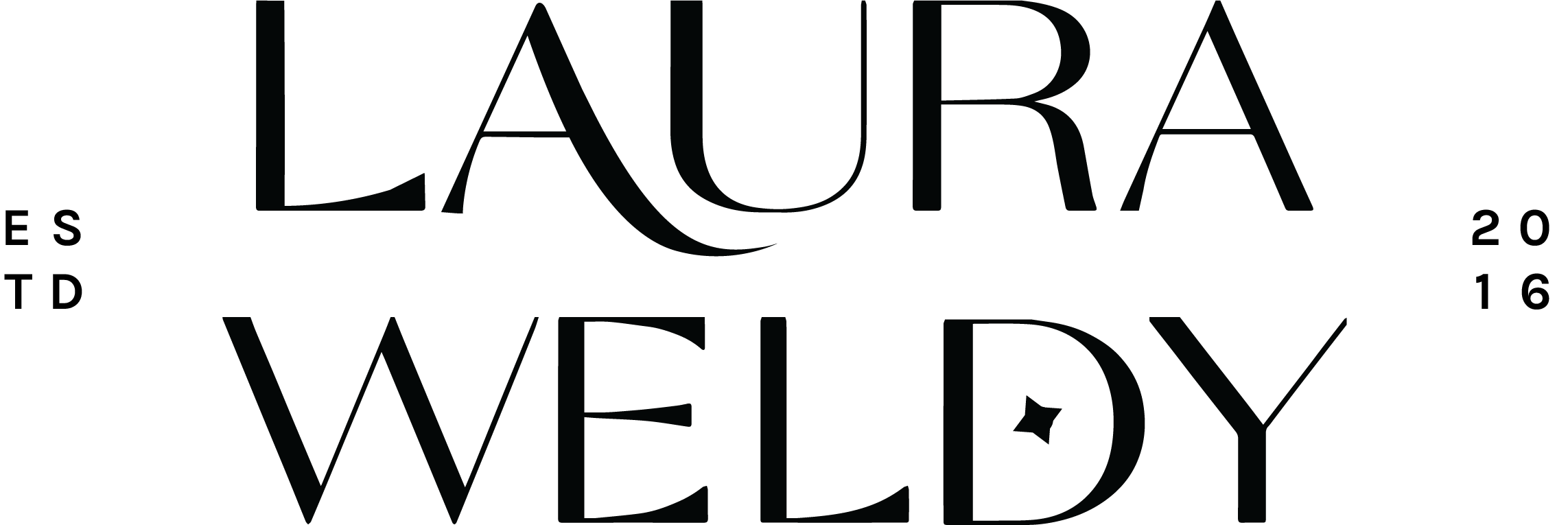For many years I, like millions of other young women around the world, was my own harshest critic. I was working long hours in the nonprofit field, juggling high levels of responsibility and workload with a scarcity of time and very little understanding of how to manage my own stress levels. I was determined to set myself apart by being impressive, so I’d take on as much work as was available. I also wanted all that work to be done perfectly.
Rather than admit to myself or others that I had too much on my plate, I’d dig in with a renewed determination to once again set myself apart. I’d work extra hours and often spent my precious off time ruminating about unfinished work or conversations. I would work myself up into a panic over the slightest imagined faux pas, in both my personal AND professional life. I thought everything I did was under scrutiny, and I was constantly afraid I’d be “found out” as someone incapable or unqualified for my position.
Even writing this now makes me uncomfortable. I can recall the tightness that was always present in my chest, the jittery way my mind was operating on too much caffeine, and the lack of fullness in my life at the time. Yes, I was fulfilled, challenged and happy with my work – but the desire for excellence and perfection robbed the rest of my life of any possibility of meaning.
Eventually, after years of trial and error and seeking to stand apart by working crazier and crazier workloads, I realized something significant. I was trying to set myself apart so that others would see my value, and in turn help me to excel. But rather than trying to get others to see my value, I realized that it was my responsibility (and mine alone) to advocate for myself, in work and in life – and that if I was only focused on the “mistakes” I was convinced I was making, I could never speak confidently about myself and my own value.
This was a true lightbulb moment: I shifted from being my biggest critic to my biggest advocate, and never looked back.
That’s why I’m such a big fan of #theimperfectboss campaign. I spent too much time scrolling through the Instagram hashtag yesterday, laughing and commiserating with female entrepreneurs around the world who also do not always have things done perfectly. I know that the desire for perfection is something that I, and my clients, will likely continue to be aware of throughout our lives. Having a desire for perfection isn’t a bad thing by itself – it’s how we choose to respond to that desire that can be powerful or disheartening. Since I’ve released my constant desire for perfection and the accompanying self – scrutiny, my life looks completely different.
Today, I’m sharing my 3 favorite tips to ditch the desire for perfection, whenever it comes up!
- Pause. Anytime you feel a desire to re-do a project, to tweak or to obsess over the layout of a blog post, take a moment to pause. Stop what you’re doing and close your eyes, consciously connecting to your body and grounding yourself. Be quiet for several minutes, and then ask yourself where the perfectionism is coming from. Are you avoiding something else by obsessing over this? Acknowledge the core desire, and choose how you’ll handle it from a more empowered place.
- Reflect. Think back on the other projects you’ve completed in the past. Are there things about those projects you’re still dying to perfect? Probably – because it’s rare that a blog post, workshop, project or even a relationship feel complete. There’s always something more we can build out, a new perspective we can introduce. Before you start editing that backlog of projects though, consider their reception. Did your boss/community/loved one enjoy your offering? Did you get comments on your blog posts? Most likely, even in their less than perfect state your previous work had a positive reception. That’s because your audience, whoever that is, isn’t even aware of the tweaks you’re looking to make.
- Prioritize. Still feel like something’s not quite clicking when it comes to what you’re working on? Make a list of all the things you want to change to make it “perfect.” Ask a friend or coworker to review your draft, and then have them go over the list with a highlighter, highlighting only things that they noticed when looking at your draft. If you have a grammatical error, fix it, because it directly impacts the reader/viewer’s experience. The fact that you want to break paragraph three into two paragraphs? If your reviewer didn’t notice, then it’s likely not a big enough deal to stress over.
I hope these practical tools help you to break out of your perfectionist rut, next time you get stuck! Remember, you can use these tools in any area of your life, so don’t hesitate to customize them so they work for you. Let me know in the comments which exercise is the most helpful for you, and take pride in being #theimperfectboss. Being imperfect just means that you’re too busy getting shi* done to allow your mind and your fear to get in your way. Go out there and advocate for yourself, instead!

